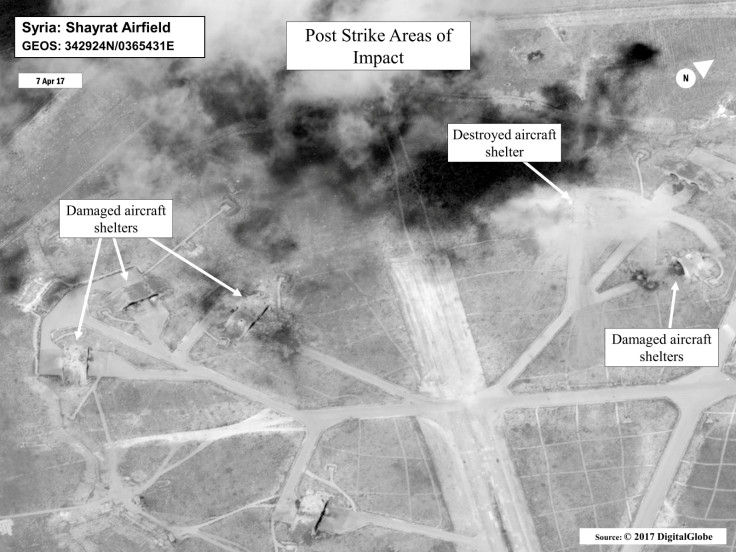US issues 271 sanctions against Syrian government workers after chemical attack
Suspicions that Assad still has chemical weapons persist, in spite of a 2015 agreement to destroy them.
The Trump administration has issued sanctions against 271 employees of Syria's Scientific Studies and Research Centre, the government agency that develops and produces non-conventional weapons.
This represents one of the largest single set of punishment measures against a nation in the history of the United States. A spokesperson from the Treasury Department and Treasury Security announced the decision in a statement, briefing reporters at the White House on Monday (24 April).
"These 271 SSRC employees have expertise in chemistry and related disciplines and/or have worked in support of SSRC's chemical weapons programme since at least 2012," the Treasury said.
"The United States is sending a strong message with this action that we will not tolerate the use of chemical weapons by any actor and we intend to hold the Assad regime accountable for its unacceptable behaviour."
The move is part of a crackdown on the alleged use of chemical weapons, the latest of which happened in rebel-held northern Idlib on 4 April in the village of Khan Sheikhoun, which killed more than 80 people. US military responded by carrying out an attack on a Syrian military airfield with 59 Tomahawk missiles.
The sanctions means those involved are prohibited from business dealings with US companies and any assets they may have in the United States could be frozen. The move could also affect travel to other countries.
The sanctions are part of a bigger deterrent effort to stop funding said US officials, in a bid to halt support for President Bashar Assad and his government in the bitter civil war which has torn Syria apart.

One official said the measures will principally focus on weapons manufacturers who are believed to be helping in Assad's use of chemical weapons, according to AP.
The US administration also has suspicions that Assad still has chemical weapons in spite of a 2015 agreement to destroy them, reports the Los Angeles Times.
Since 2004, the US has gradually ramping up its sanctions programme against Syria. Previously, sanctions targeted Syria for a number of offences, including its support of terrorism, as well as its occupation of Lebanon, efforts to undermine stability in Iraq and the pursuit of weapons of mass destruction.
© Copyright IBTimes 2025. All rights reserved.






















